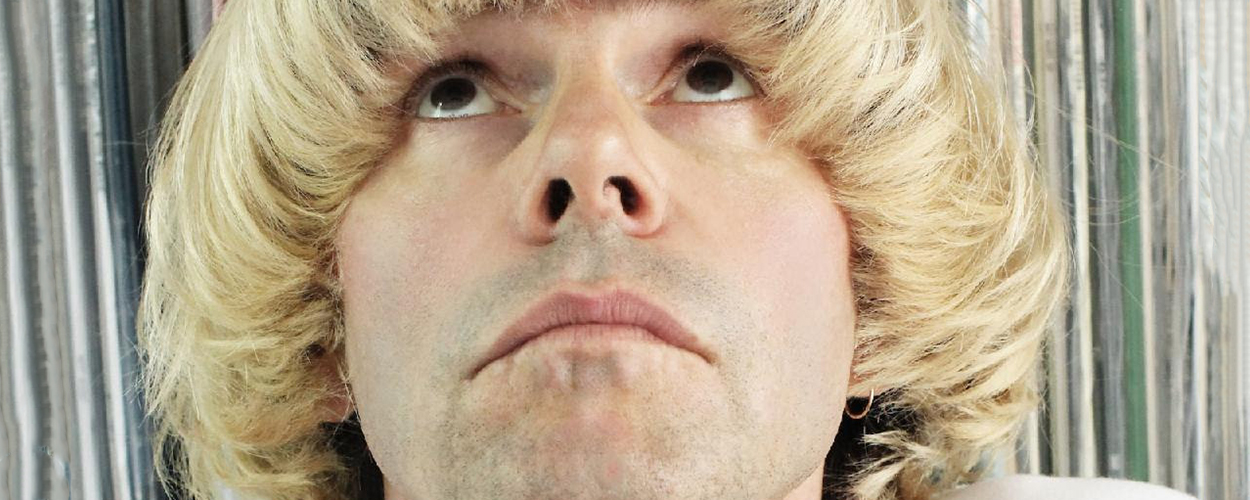This website uses cookies so that we can provide you with the best user experience possible. Cookie information is stored in your browser and performs functions such as recognising you when you return to our website and helping our team to understand which sections of the website you find most interesting and useful.
Artist News Brands & Merch Business News Live Business
Spotlight put on the merch commissions charged by venues
By Chris Cooke | Published on Monday 13 December 2021

While the debate continues about how the good old digital pie is split between different stakeholders in the music industry, the spotlight fell on how another artist revenue stream is shared out last week, after Tim Burgess of The Charlatans commented on the commissions some venues charge on merch sales that take place at shows.
In a tweet, Burgess wrote: “Big respect to those venues that don’t take a percentage of a band’s merch sales. This isn’t about The Charlatans, it’s about those bands who need merch income to survive. Some places take 25% – a quarter of the full selling price. Vinyl doesn’t even have that mark up to begin with”.
It’s generally larger venues that expect to charge a commission on merchandise sales that take place on their premises alongside an artist’s gig. Many of those venues actually enter into deals with merchandising companies, and its those third parties which then expect a cut of each artist’s merch money.
Merch commissions of this kind have been a bugbear for touring artists for years, especially those acts who are big enough to be playing the venues where such commissions are common, but for whom merch income is still crucial for ensuring that a tour is profitable.
Some commission-charging venues do provide a person to run the merch stall, partly to justify the commission, and partly so they are in control of any sales, allowing them to accurately calculate their cut. But many artists argue that they’d rather have one of their own team oversee the merch anyway, because someone connected to the artist can usually shift more product, and facilitate the all important up-sells, where you persuade the fan to buy more than they originally intended.
Burgess also noted some of these technicalities in his tweet, continuing: “To be perfectly clear about this, often it’s a completely separate ‘concession’ company that the venue deals with as part of a contract. A kid who has never heard of the band sells our stuff, while our merch person steps aside for the night – the whole system needs addressing”.
Once Burgess had kickstarted the debate, other artists likewise aired their grievance about venues charging merch commissions, with former Joy Division and New Order bassist Peter Hook proving particularly vocal on the matter.
He wrote: “I have been arguing with venues (mainly larger ones) about this for years. Charging the band 25% commission on the gross of anything sold makes having merchandise for most bands a total vanity project. Creating the artwork alone can cost £500 to £700, then the printing and transport of most two colour t-shirts normally costs between £6-£8 plus VAT. Another thing that these venues refuse to do is to take the VAT off the gross before they take a commission, which is actually illegal because the VAT belongs to the government”.
“If we were to sell our shirts for £20 minus VAT, so £16, the venue is taking £5 per shirt, after the average costs of say £6 and the band are making £5 at most”, he went on. “Out of that £5 we then have to pay the seller and pay for transport, and some bands may also have to pay their management a percentage of that profit too. I think it goes without saying that if the commission came off the net profit rather than the gross it would be much fairer”.
“Whilst obviously the band get a fee for playing”, he added, “the venue makes a profit on the bar, the cloakroom and sometimes even the car park! Their faces when you ask for a cut of any of that is priceless!”
“This is a big problem within our industry”, he continued. “But while it inexplicably remains common practice, in my view it should be sorted out between the promoter and the venue before the band even get there. I have lost count of how many great gigs have been ruined by the same post-show argument over a few hundred quid when the show has actually turned over hundreds of thousands of pounds, which is of course far more than we have been getting paid”.
Commending Burgess for raising the issue, Hook concluded: “You have my full support and let’s hope we can change things for the good of all artists”.





